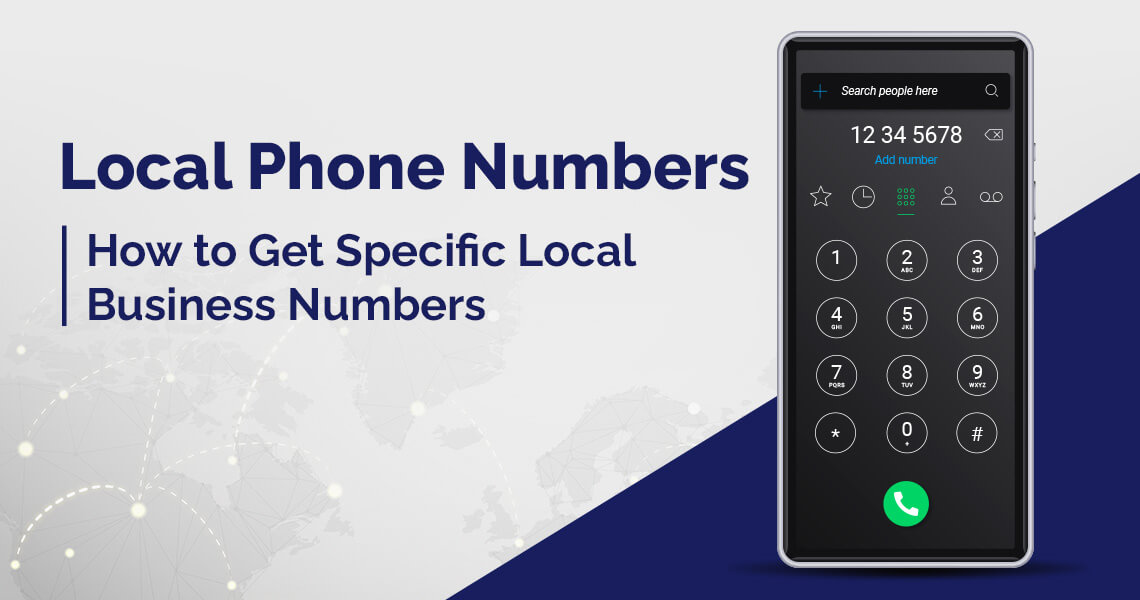When you need to sell your house fast, the process can feel overwhelming. Whether you're facing a relocation, financial pressures, or simply want to move on quickly, understanding the right strategies is crucial for a successful and speedy transaction.
This comprehensive guide will walk you through every step of the real estate process, from preparing your home for sale to closing the deal efficiently.
Why You Might Need to Sell Your House Quickly
- Relocation for a new job opportunity
- Financial constraints or mortgage difficulties
- Inherited property you don't wish to keep
- Divorce or family changes
- Upgrading or downsizing your living situation
Preparing Your Home for a Fast Sale
First impressions matter tremendously in real estate. Proper preparation can significantly reduce your home's time on the market.
Home Staging and Repairs
Consider home staging to help potential buyers visualize themselves in the space. Address necessary repairs and consider strategic upgrades that offer strong ROI.
Professional Photography
High-quality photos are essential in today's digital real estate market. Most buyers begin their search online, and compelling visuals can dramatically increase interest in your property.
Pricing Strategies for a Quick Sale
Setting the right listing price is critical when you need to sell quickly. Consider these approaches:
Competitive Market Analysis (CMA)
A real estate agent can provide a CMA comparing your home to similar recently sold properties in your area, helping you set a competitive price.
Strategic Pricing
Price slightly below market value to attract multiple offers and potentially create a bidding war, often resulting in a final sale price at or above market value.
Marketing Your Property Effectively
A comprehensive marketing strategy is essential for a fast sale. Today's real estate marketing extends far beyond the traditional "for sale" sign.
Online Presence
Ensure your listing appears on major real estate websites like Zillow, Realtor.com, and Redfin. Consider targeted social media advertising to reach potential buyers in your area.
Professional Networking
A well-connected real estate agent can tap into their network of buyers and other agents who may have clients looking for a property like yours.
Exploring Your Selling Options
Traditional Sale with a Real Estate Agent
- Access to professional real estate expertise
- MLS listing exposure
- Negotiation support
- Typically higher sale price
- Commission fees apply
Best for: Sellers who have time for the traditional process and want to maximize their profit.
Selling to Cash Buyers or Investors
- Extremely fast closing (often within days)
- As-is sale, no repairs needed
- No agent commissions
- Typically below market value offers
- Ideal for distressed properties
Best for: Sellers who need to close quickly and prioritize speed over maximum profit.
Navigating the Closing Process
Understanding the closing process can help ensure a smooth transaction when you're working with a tight timeline.
Offer Acceptance
Once you accept an offer, the buyer typically has a due diligence period to conduct inspections and secure financing.
Appraisal and Contingencies
The buyer's lender will order an appraisal to ensure the property value supports the loan amount. Be prepared to negotiate any issues that arise.
Final Walk-Through and Closing
The buyer will conduct a final walk-through before closing. At the closing table, you'll sign documents and transfer ownership in exchange for payment.
Working with Real Estate Professionals
Choosing the Right Real Estate Agent
When selecting a real estate agent to help you sell quickly, look for:
- Proven track record of fast sales in your area
- Strong marketing strategies and professional network
- Knowledge of current market trends
- Transparent communication about their fees and process
- Positive client testimonials and references
A skilled agent can navigate challenges like foreclosure situations, probate sales, or other complex circumstances that might require a fast sale.
Conclusion
Selling your house fast requires a strategic approach, from proper preparation and competitive pricing to effective marketing and navigating the closing process. Whether you choose to work with a real estate agent or explore alternative options like cash buyers, understanding your priorities and options is key to a successful, timely sale.
Pro Tip: Regardless of your timeline, consult with multiple real estate professionals to understand all your options before making a decision. This ensures you choose the path that best aligns with your financial goals and timing needs.



